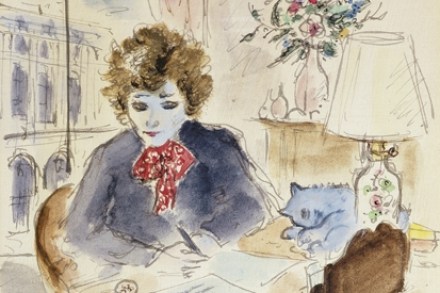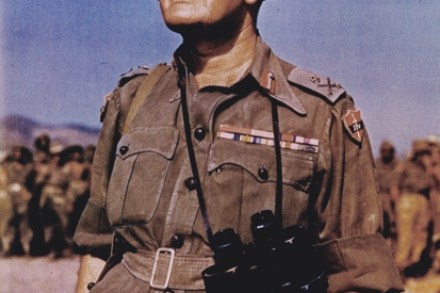Meeting the Enemy, by Richard Van Emden; 1914, by Allan Mallinson – review
The Great War was an obscene and futile conflict laying waste a generation and toppling emperors. Yet here are two books that situate the horrors of trench warfare within a much larger perspective. One argues that the war had a forgotten ‘human face’. The other that it might all have had a very different outcome. Henry James described the 1914 plunge of civilisation into blood and darkness as ‘too tragic for any words’ — and about tragedy there is always some air of inevitability, of sailing Titanic-like towards a foredoomed catastrophe. This air of unstoppable fatality has solidified over the intervening century. During the famous 1914 Christmas truce the Tommies
















